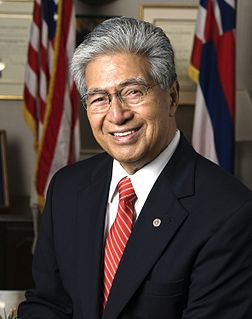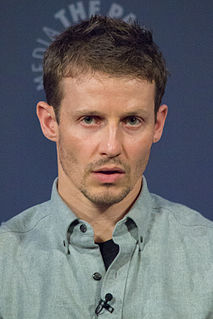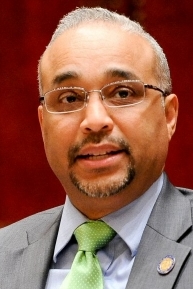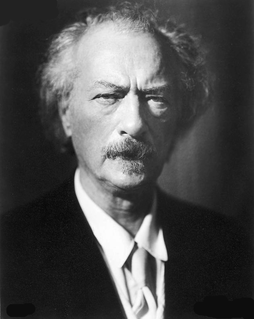A Quote by Daniel Akaka
I have witnessed how education opens doors, and I know that when sound instruction takes place, students experience the joys of new-found knowledge and the ability to excel.
Related Quotes
The Assembly passed a budget that makes the right choices for young students across the state by helping schools avoid cutting essential educational programs, laying off teachers and increasing local property taxes. Without a sound investment in our children and their education, New York would face crumbling school buildings, overcrowded classrooms, and few opportunities to excel.
Here's the thing, trust changes everything. Once you know what an artist can do, and you know their commitment level, it opens up the playbook hugely. I have worked with artists I really love, but they may have some small aspect that they hate drawing, or that they don't excel at, and that effectively takes that option off the table.
By instructing students how to learn, unlearn and relearn, a powerful new dimension can be added to education. Psychologist Herbert Gerjuoy of the Human Resources Research Organization phrases it simply: 'The new education must teach the individual how to classify and reclassify information, how to evaluate its veracity, how to change categories when necessary, how to move from the concrete to the abstract and back, how to look at problems from a new direction — how to teach himself. Tomorrow's illiterate will not be the man who can't read; he will be the man who has not learned how to learn.'
For successful education there must always be a certain freshness in the knowledge dealt with. It must be either new in itself or invested with some novelty of application to the new world of new times. Knowledge does not keep any better than fish. You may be dealing with knowledge of the old species, with some old truth; but somehow it must come to the students, as it were, just drawn out of the sea and with the freshness of its immediate importance.
Where suspicion fills the air and holds scholars in line for fear of their jobs, there can be no exercise of the free intellect. Supineness and dogmatism take the place of inquiry. A problem can no longer be pursued to its edges. Fear stalks the classroom. The teacher is no longer a stimulant to adventurous thinking; she becomes instead a pipe line for safe and sound information. A deadening dogma takes the place of free inquiry. Instruction tends to become sterile; pursuit of knowledge is discouraged; discussion often leaves off where it should begin.
A natural talent is required; for, when Nature opposes, everything else is in vain; but when Nature leads the way to what is most excellent, instruction in the art takes place, which the student must try to appropriate to himself by reflection, becoming an early pupil in a place well adapted for instruction. He must also bring to the task a love of labor and perseverance, so that the instruction taking root may bring forth proper and abundant fruits.
Differentiated Instruction is a teaching philosophy based on the premise that teachers should adapt instruction to student differences. Rather than marching students through the curriculum lockstep, teachers should modify their instruction to meet students' varying readiness levels, learning preferences, and interests. Therefore, the teacher proactively plans a variety of ways to 'get it' and express learning.
When tea becomes ritual, it takes its place at the heart of our ability to see greatness in small things. Where is beauty to be found? In great things that, like everything else, are doomed to die, or in small things that aspire to nothing, yet know how to set a jewel of infinity in a single moment?
I had always insisted that a good education was a synthesis of book learning and involvement in social action, that each enriched the other. I wanted my students to know that the accumulation of knowledge, while fascinating in itself, is not sufficient as long as so many people in the world have no opportunity to experience that fascination.


































